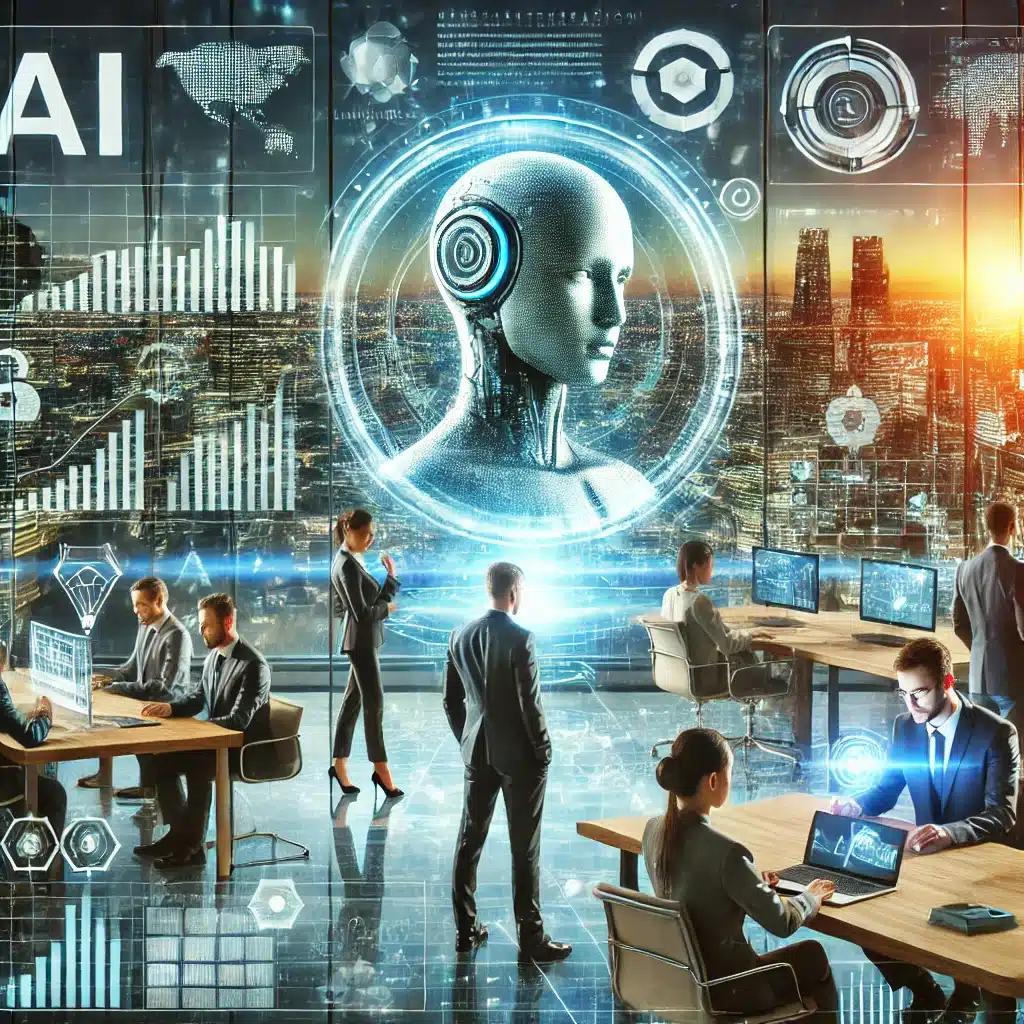AI Translation in Publishing: A Game Changer?
The world of publishing is undergoing a significant transformation, thanks to AI translation in publishing. This new technology is paving the way for a more inclusive and globally accessible world of literature. However, as promising as it sounds, this revolution raises questions about quality, accuracy, and the future of human translators.
AI in Action: A Dutch Publisher’s Experiment
Veen Bosch & Keuning (VBK), the largest Dutch publisher, is at the forefront of this movement. They have initiated a trial where AI assists in translating a limited number of commercial fiction books into English. This decision, though experimental, underscores the potential of AI in shaping the publishing industry.
Additionally, the project only includes books with unsold English rights. Furthermore, there is a human editing phase to ensure quality. Authors have also been consulted, maintaining a collaborative approach. However, for some, the exclusion of literary works in this trial suggests that AI might not yet capture creativity fully.
Challenges and Concerns
Despite the advantages, the use of AI translation in publishing presents challenges. Michele Hutchison, an award-winning translator, emphasizes that AI might make translations superficially smooth yet bland. Likewise, David McKay warns of the risks associated with machine translation. It might lead to incorrect or misleading content, affecting readers and writers negatively.
Moreover, translators face the risk of losing jobs. A survey from the Society of Authors highlighted that over a third of translators have lost work due to AI technologies. Ian Giles, with the Society of Authors, pointed out this concerning trend, questioning the dependence on AI without acknowledging its limitations.
The Road Ahead
Nonetheless, AI’s role in publishing cannot be overlooked. It offers unprecedented efficiency and speed. However, human involvement remains crucial for maintaining quality and creativity. VBK’s approach of consulting human translators post-AI output showcases this need. Furthermore, these trials are essential for understanding AI’s capability and limitations.
Ultimately, the integration of AI translation in publishing may redefine literature’s reach and accessibility. However, it must be balanced with human expertise. As VBK’s experiment unfolds, it will be insightful to see how AI reshapes the dynamics between technology and creativity.



